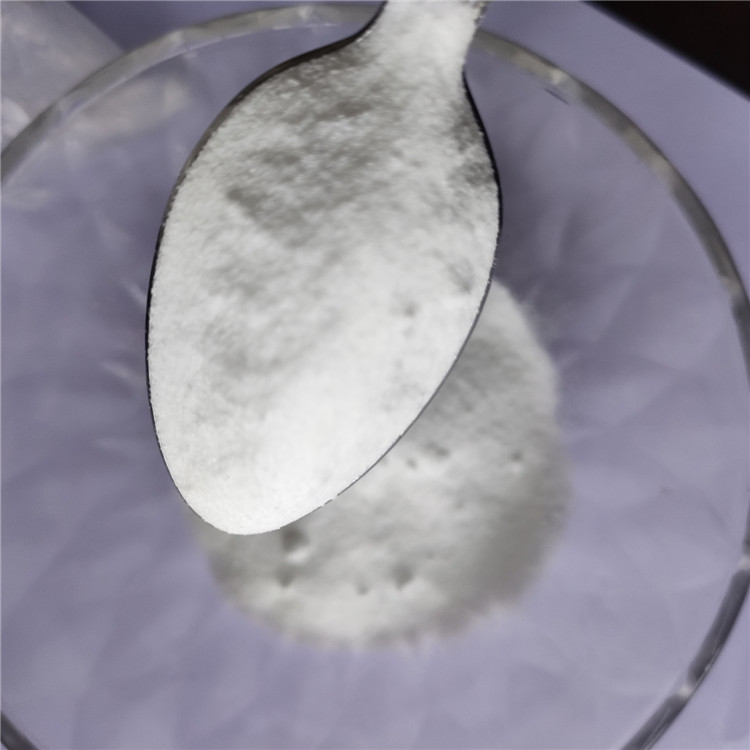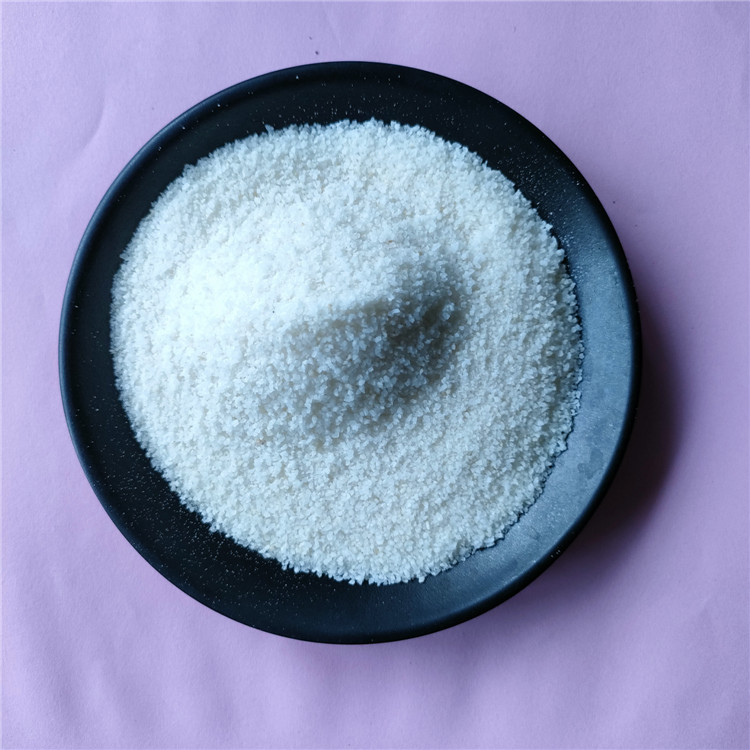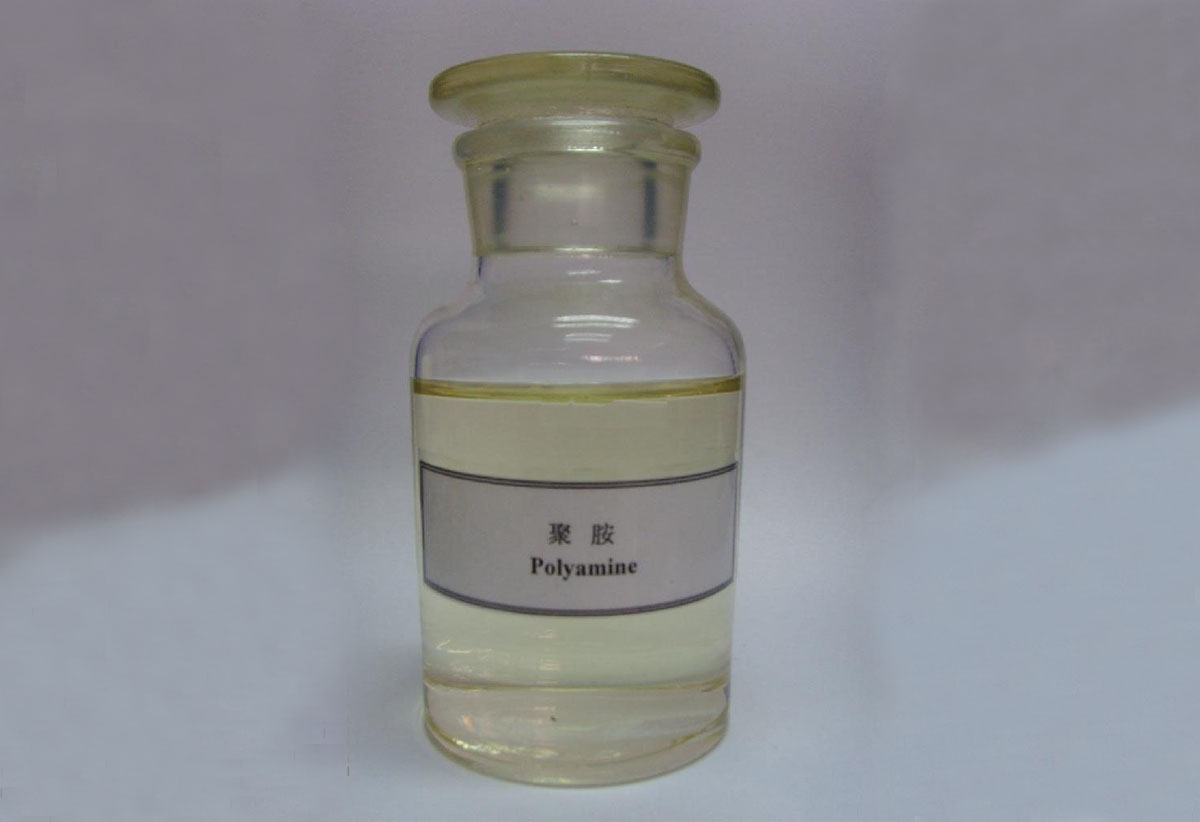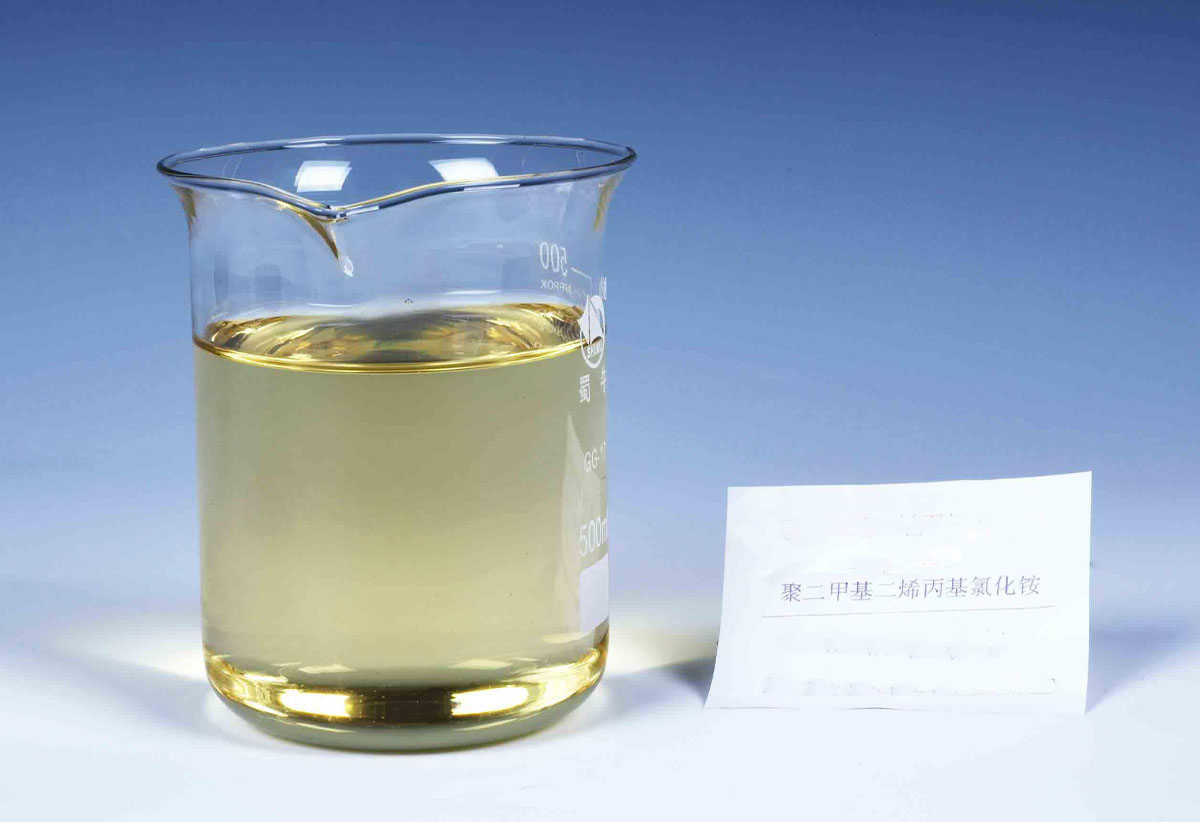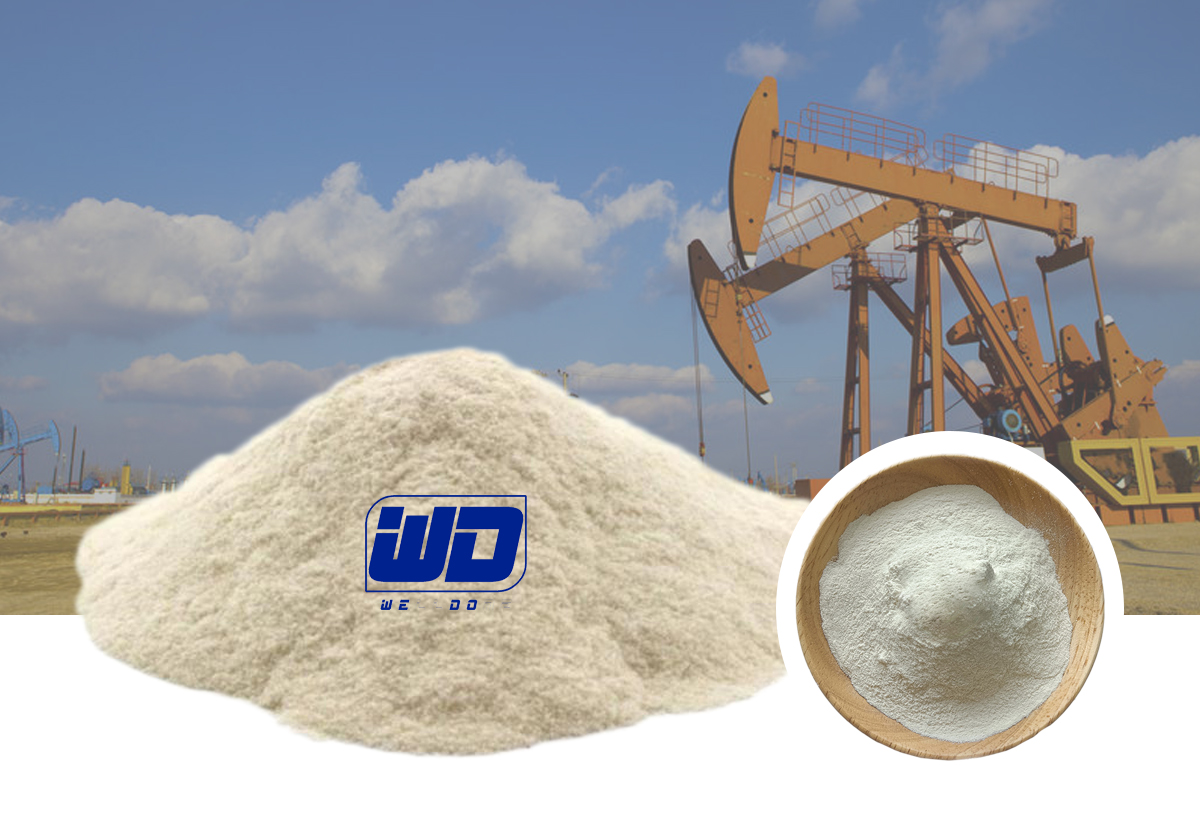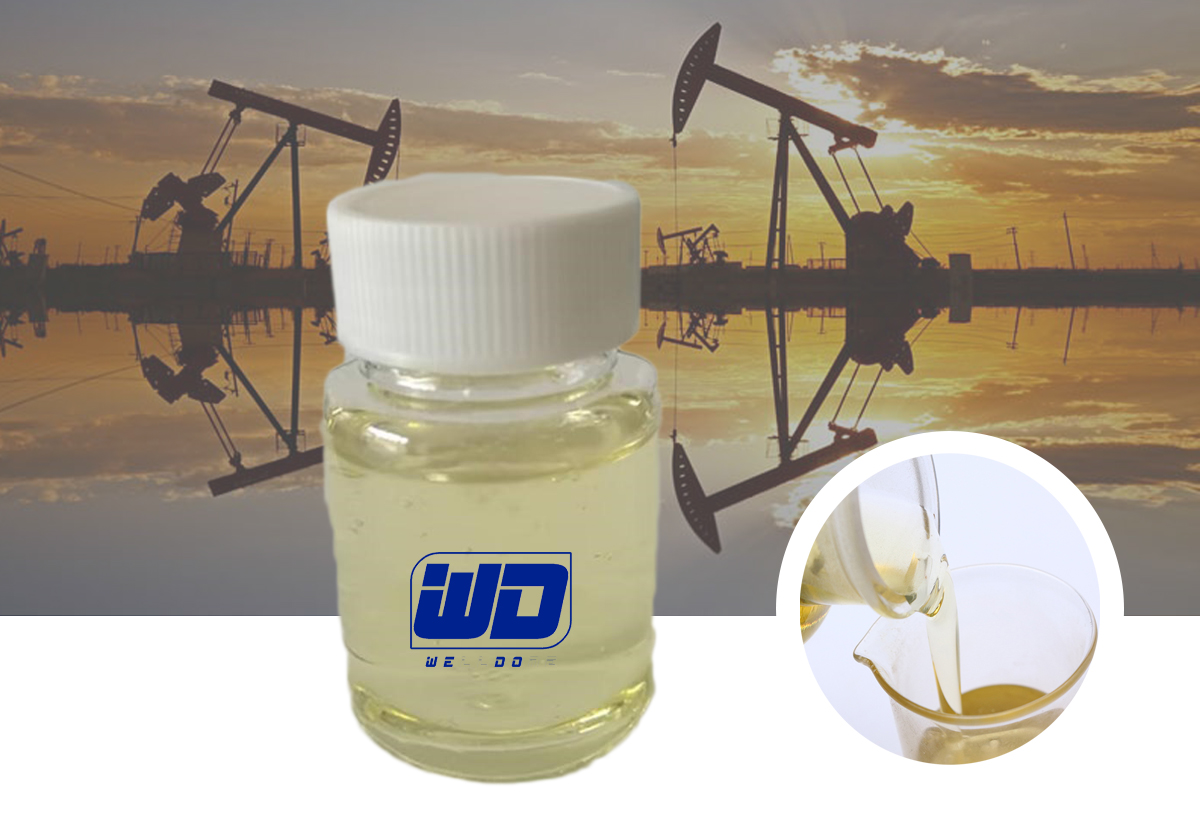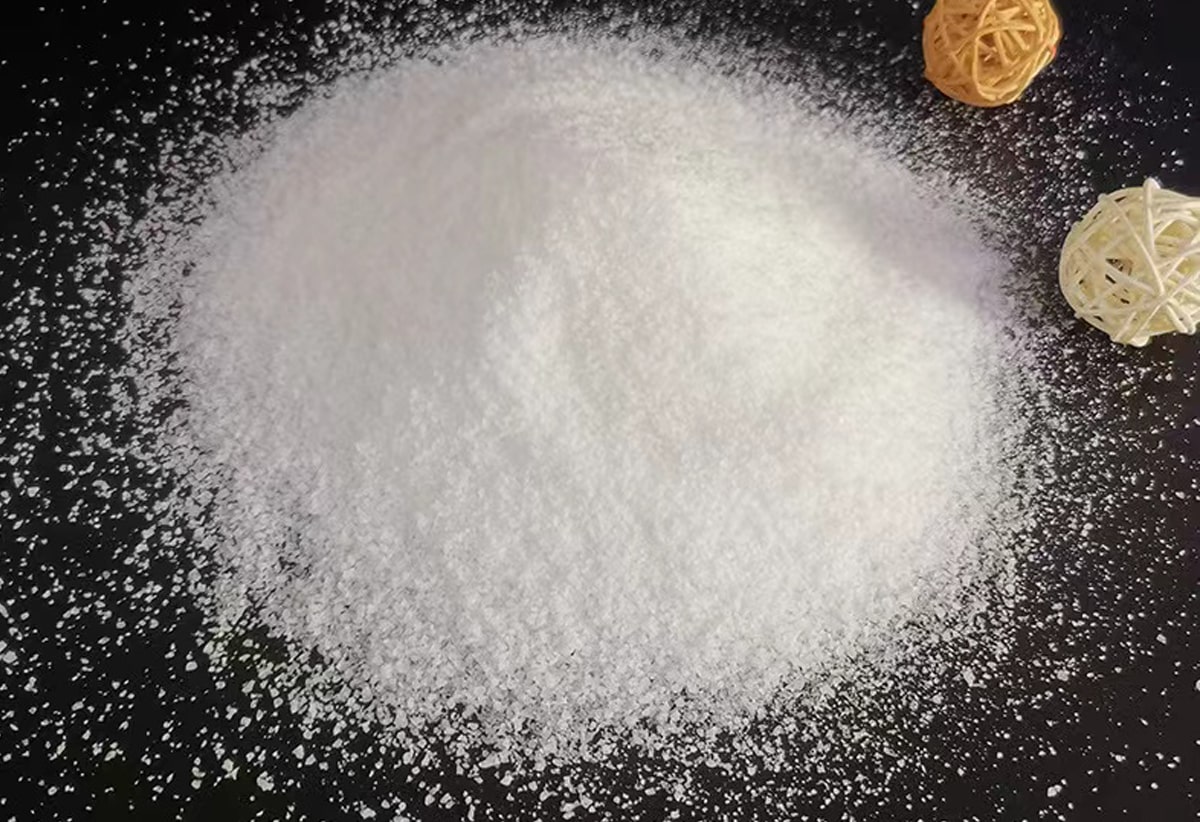Question: What is the difference in mesh size between powdered polyacrylamide and granular polyacrylamide?
answer:
The difference in mesh size between powdered polyacrylamide and granular polyacrylamide
Polyacrylamide is abbreviated as PAM. It is divided into anionic and cationic non-ionic types according to the model. These three models are divided into granular, powder and emulsion forms. Powdered polyacrylamide is also called powdered polyacrylamide.
Polyacrylamide comes in many forms, such as liquid, colloid and solid. We generally use solid polyacrylamide, which is divided into powder and granules.
Solid polyacrylamide has two forms in product appearance, granules and powder. The mesh size of granular polyacrylamide is about 20 mesh to 80 mesh, and the mesh size of powdered polyacrylamide is about 100 mesh. The larger the mesh size, the easier it is to dissolve polyacrylamide. Polypropylene used in sewage treatment Amide flocculants are generally in granular form. If there are strict requirements on dissolution speed, it is recommended to choose polyacrylamide powder products.
From the appearance point of view, powdered polyacrylamide is made by grinding granular polyacrylamide to make it into powder. Powdered polyacrylamide used in water treatment dissolves faster than granular polyacrylamide, which can greatly improve work efficiency. . However, polyacrylamide powder tends to agglomerate when added and is difficult to fully dissolve. It is necessary to control the reasonable temperature and stirring speed. Relatively speaking, granular polyacrylamide is not easy to agglomerate when added and can be fully dissolved.
Whether it is powdery or granular polyacrylamide, the effect of the same model is the same. No matter what form of flocculant is used, the dosing process is very critical, and a reasonable choice needs to be made based on the site conditions. Reduce costs and increase efficiency.
